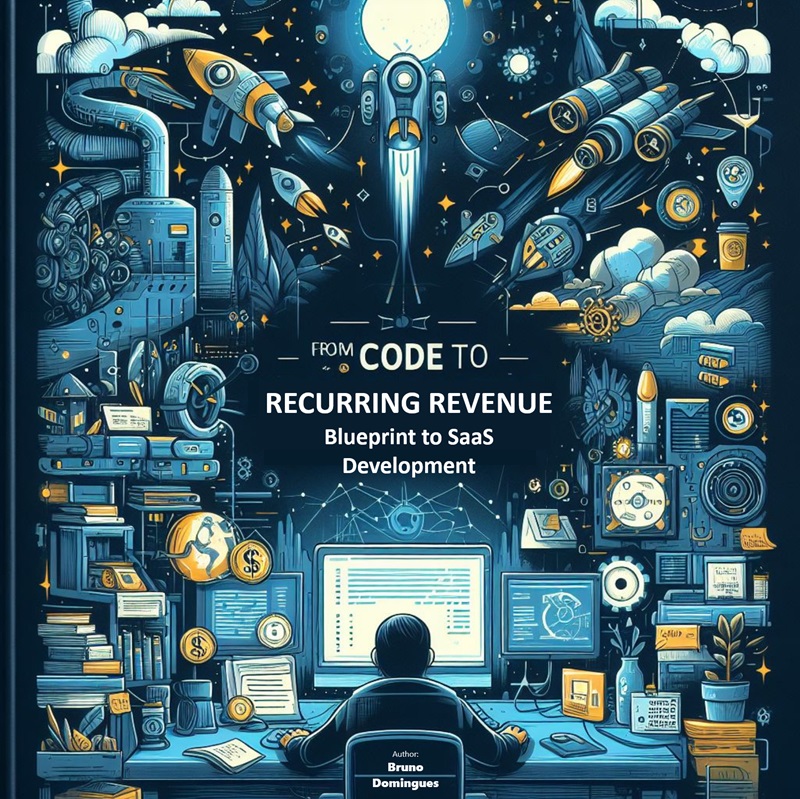Transitioning from coding to entrepreneurship involves acquiring business knowledge and skills, understanding market demands, building a network, and solving real-world problems. It entails learning about product development, marketing, sales, finance, and customer service. Collaboration, mentorship, and continuous iteration are also essential.
Transitioning from coding to entrepreneurship involves a multifaceted approach. Developers need to acquire business knowledge and skills, such as understanding market dynamics, identifying customer needs, and creating sustainable business models.
This transition often requires developers to broaden their skill set beyond technical proficiency and delve into areas like product management, marketing, sales, finance, and customer service. By gaining insights into these aspects, developers can effectively transform their coding expertise into successful entrepreneurial ventures.
One crucial aspect of transitioning from coding to entrepreneurship is understanding market demands. Developers need to conduct market research to identify opportunities and assess competition.
By understanding customer needs and pain points, developers can tailor their products or services to meet market demands effectively. Additionally, developers should focus on building a strong network within the entrepreneurial community.
Networking provides opportunities for collaboration, mentorship, and access to resources that can facilitate the transition from coding to entrepreneurship. Another essential aspect of transitioning to entrepreneurship is solving real-world problems.
Developers should focus on creating products or services that address significant pain points or inefficiencies in the market. By solving real-world problems, developers can attract customers and differentiate their offerings from competitors.
Moreover, developers should be open to feedback and iterate on their ideas based on customer insights. Furthermore, collaboration with other entrepreneurs can accelerate the transition from coding to entrepreneurship.
Developers can leverage partnerships to complement their skill set and resources. Collaborating with other entrepreneurs provides opportunities to learn from experienced professionals, access new markets, and share expertise.
Seeking mentorship is also crucial for developers transitioning to entrepreneurship. Mentors can provide valuable guidance, advice, and support throughout the entrepreneurial journey.
By learning from experienced entrepreneurs, developers can avoid common pitfalls and make informed decisions. In summary, transitioning from coding to entrepreneurship requires developers to acquire business knowledge and skills, understand market demands, build a strong network, and focus on solving real-world problems.
By embracing these principles and continuously iterating on their ideas, developers can successfully transition from coding to entrepreneurship.
